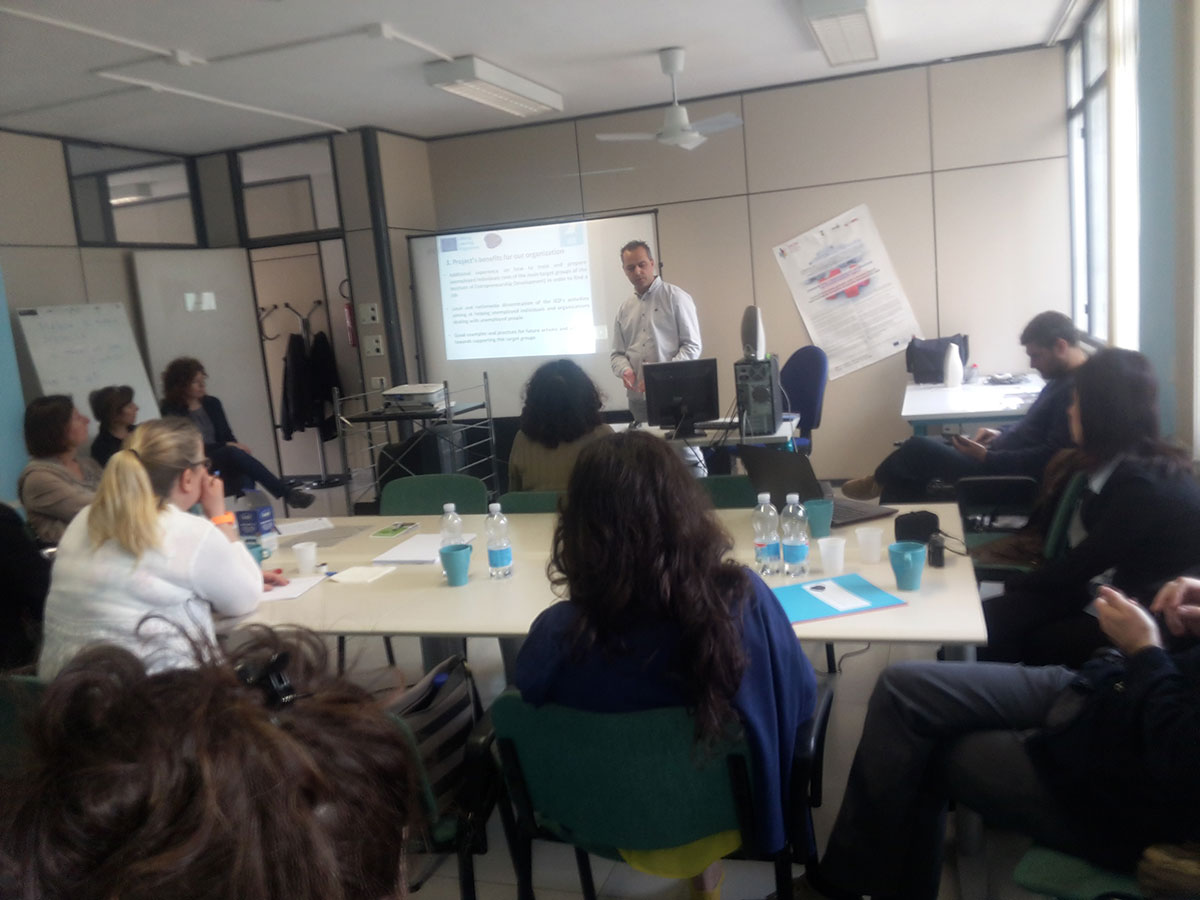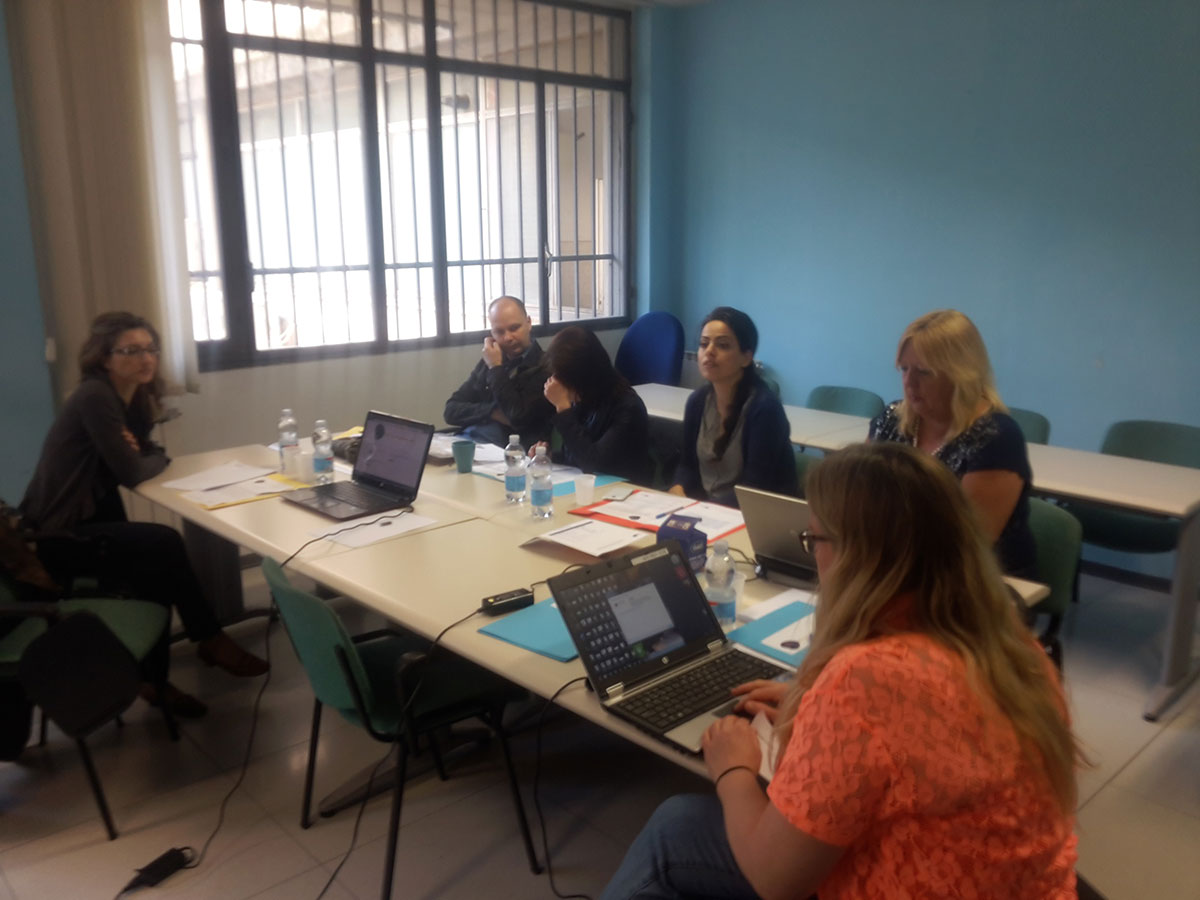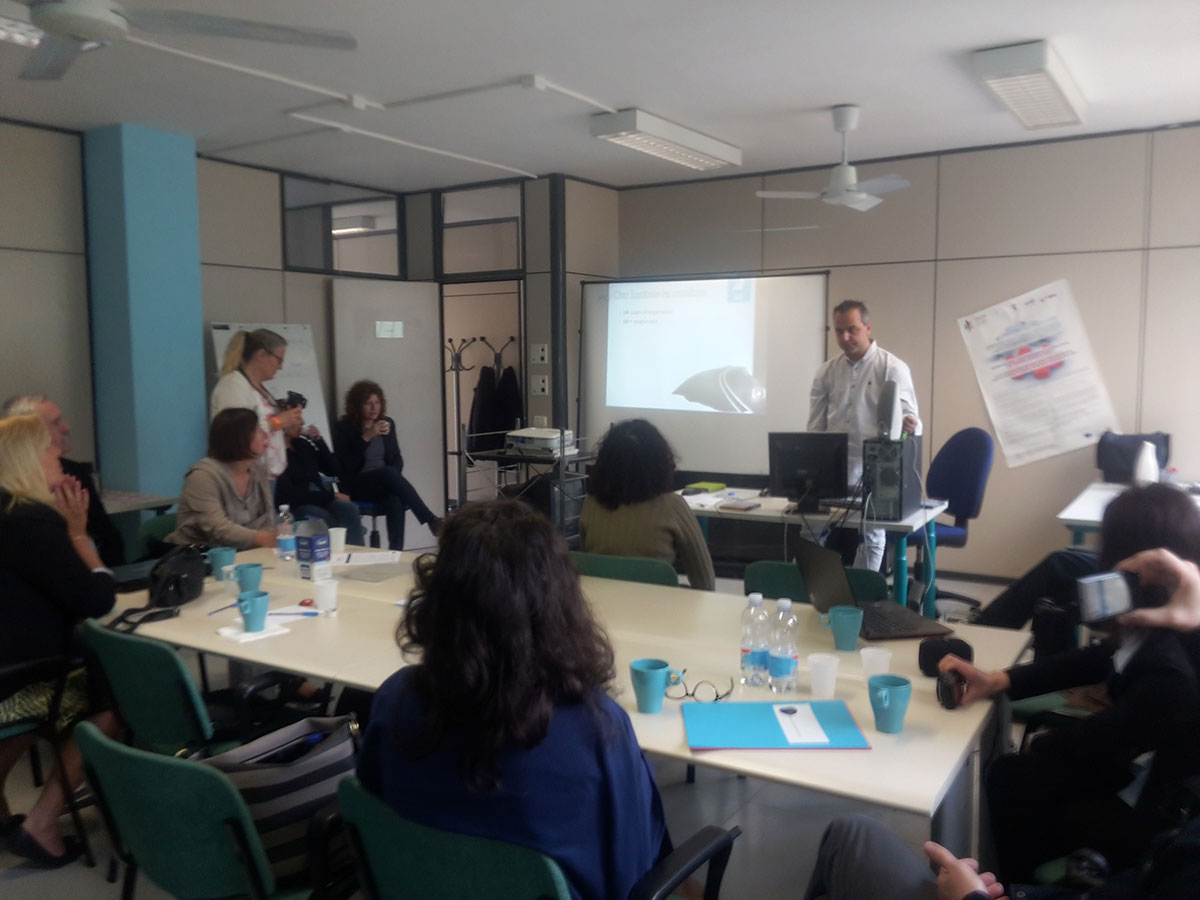
New methods and approaches that can be adopted by young individuals in order to prepare in a better way to enter the labor market were presented at a conference that took place in Florence, Italy on the 15th of April 2015 with the participation of the Institute of Entrepreneurship Development.
The conference was implemented within the framework of project Europeans on the intercultural labor market and presented the opportunity to analyze the results of studies elaborated in the participating countries, which depict with clarity the obstacles faced by young individuals in their efforts to enter the labor market, but also the needs of employers who will eventually hire them. More specifically, the study implemented on national level revealed the following indicative findings:
- A 65% of young individuals recognize the lack of necessary documents (a well structured curriculum vitae, certifications etc) as problematic.
- 70% of young individuals surveyed would like to have more qualifications and speak more foreign languages.
- 60% of young individuals would like to work abroad (75% in a different European country)
- Employers (60%) seek primarily working experience in a prospective employee.
- 100% of the surveyed employers agreed that during the hiring process they follow the conventional approach, i.e. examining the received cvs and going through the personal interview.
Taking in consideration the above, the project gave particular attention to the optimal ways of elaborating a curriculum vitae and the accompanying letter, but also the guidelines for an effective personal job interview.
All the project deliverables elaborated by the project partners Institute of Entrepreneurship Development (Greece), University of Lodz (Poland), Folksunivesittet (Sweden), Smart Educational Projects (Romania) and ENAIP (Italy) were presented during the conference. You can access these products for free on the website of the project.
Photos:
 This project has been funded with support from the European Commission.
This project has been funded with support from the European Commission.
This publication reflects the views only of the author, and the Commission cannot be held responsible for any use which may be made of the information contained therein.




